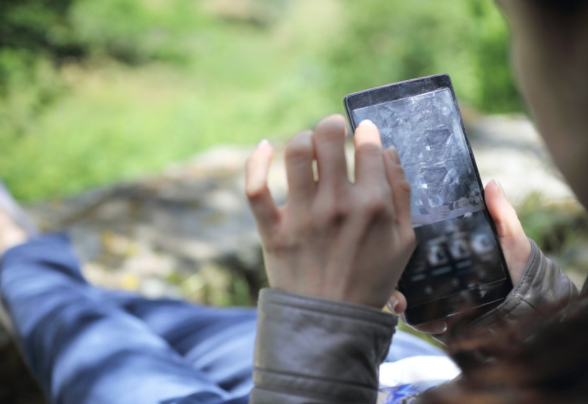 New York-based healthcare technology company, Aetion, which makes an analytics platform to assess real-world evidence from a range of sources, has raised $11.2 million in Series A funding. Flare Capital Partners, a VC firm focused on early stage health technology and services, led the round, and Lakestar also contributed.
New York-based healthcare technology company, Aetion, which makes an analytics platform to assess real-world evidence from a range of sources, has raised $11.2 million in Series A funding. Flare Capital Partners, a VC firm focused on early stage health technology and services, led the round, and Lakestar also contributed.
Aetion’s Evidence Platform, which the company launched in 2015, allows payers, providers, medical device makers, and biopharma customers, as well as academic institutions, to analyze data from everyday clinical and financial interactions in healthcare including claims, EHRs, registries and clinical trials. The company will used the new funding to continue building on the platform’s capabilities as well as expand its commercial use.
The company was founded in 2013 by Harvard Medical School faculty members and big data experts, and aims to help payers and providers collaborate in real-time with pharma and device companies as they develop, test and launch new therapies.
"With the healthcare industry moving toward data-driven, value-based care, essential evidence is a necessity for assessing the expected and realized value of medical products and treatments," Aetion President, cofounder and Chief Scientific Officer Jeremy A. Rassen said in a statement. "Our platform combines modern analytic methods with rapid-cycle computing technology to generate the transparent, real-time insights necessary for evaluating the outcomes and value of medical treatments and interventions."
“Real World Evidence” has become something of a buzzword lately, as Flare Capital Principal Dan Gebremedhin pointed out in a guest post to MobiHealthNews a couple of months ago. The term, which refers to healthcare information about the use of a drug once it has been cleared by the FDA and prescribed to people in the real world, was a key part of the 21st Century Cures Act as it would speed up the FDA’s drug approval process.
“Given the several ramifications of the Cures Act, 2017 will see pharma and payers clamor to acquire solutions to harness the power of RWE, creating new revenue opportunities for incumbents and early stage companies,” Gebremedhin wrote. “Perhaps the most subtle, yet profound component of the law allows pharma companies to do post-market launch research around 'real world use' (read: off-label) of drug products. If data suggests positive outcomes of off label use, this evidence can be used to expand the indications of use for that drug.”
That could save pharmaceutical companies tens to hundreds of millions of dollars, Gebremedhin wrote, as they would be able to expand indications for a drug rather than running another, entirely separate trial. Additionally, the platform allows payers and providers can assess the clinical and financial health of a patient population, monitor for product safety in large populations, mitigate risk and form ongoing real-world evidence contracts.
"Speed, efficiency, accuracy and transparency, combined with easy-to-use workflows, are critical needs when it comes to making informed decisions that impact quality patient care," Dr. Sebastian Schneeweiss, cofounder and science lead at Aetion and professor at Harvard, said in a statement. "The Aetion Evidence Platform delivers the best analytic science to drive decision-making, and it does so at a fraction of the cost of traditional approaches."














